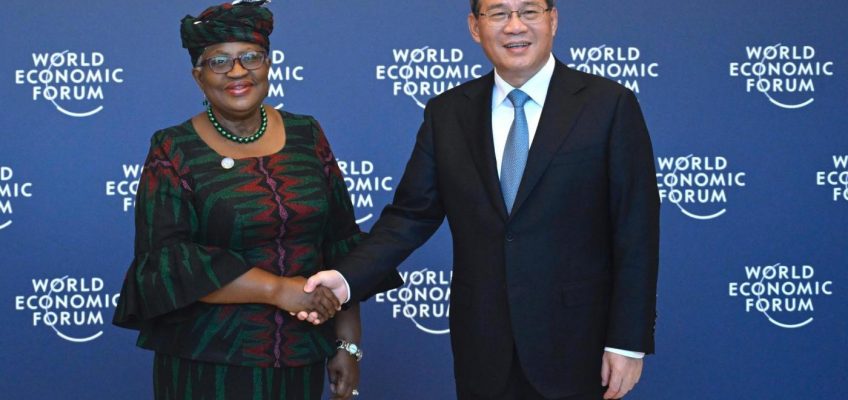By NICOLE WINFIELD, Associated Press
ROME (AP) — Pope Leo XIV on Wednesday named a successor to embattled New Orleans Archbishop Gregory M. Aymond, two weeks after the archdiocese agreed to a $230 million proposed settlement for survivors of clergy sexual abuse.
History’s first U.S. pope named Bishop James Checchio of Metuchen, New Jersey, as the coadjutor bishop of New Orleans. The position puts Checchio in line to automatically succeed Aymond when he retires.
Related Articles
A trio of space weather satellites blast off together to study the sun’s violent side
In Jimmy Kimmel’s words: What the late-night host said upon his return from suspension
Today in History: September 24, First U.S. national monument established
Veterans who lack citizenship fear being swept up in Trump’s deportations
Maui officials lift evacuations, close shelters after wildfire threat to north shore town recedes
Checchio, 59, handled the fallout in Metuchen of the explosive 2018 sexual misconduct revelations of one of his predecessors there, then-Cardinal Theodore McCarrick. Prior to arriving in Metuchen in 2016, Checchio had served as the rector of the U.S. seminary in Rome for a decade.
The New Orleans archdiocese agreed Sept. 8 to a $230 million proposed settlement to end one of the U.S. church’s longest and most contentious battles over abuse claims. It had proposed in May to pay at least $179.2 million in response to more than 500 abuse claims, but victims’ attorneys opposed the deal as too low.
Survivors have until late October to vote on whether or not to approve the revised settlement. If approved by two-thirds of survivors, payments could begin disbursement by next year.
Aymond reached the mandatory retirement age of 75 last November, suggesting that the Vatican kept him in place to finalize the abuse settlement and allow for an organized handover to his successor.
The archdiocese had filed for bankruptcy in May 2020, rather than handle each abuse claim separately, which survivors say allowed church leadership to avoid facing tough questions in court.
In a statement posted on the website of the archdiocese, Aymond welcomed Checchio as his successor “with great hope for the future.” Aymond said he planned to continue as archbishop until the bankruptcy is concluded “and other matters of pastoral care” are accomplished.
Checchio, for his part, expressed gratitude for his nine years in Metuchen and said he looked forward to serving the people of New Orleans.
“I am certainly grateful to our Lord and to his vicar, Pope Leo XIV, for sending me to be a part of such a beautiful community,” said Checchio, a native of Camden, New Jersey, who has a degree in canon law and an MBA.
Aymond had resisted calls for his resignation over the church’s failures, which triggered a sweeping FBI probe and a cascading crisis for the Catholic Church. An AP investigation earlier this year revealed that the archdiocese had sought help from New Orleans Saints executives to help behind the scenes with damage control.
Associated Press religion coverage receives support through the AP’s collaboration with The Conversation US, with funding from Lilly Endowment Inc. The AP is solely responsible for this content.




